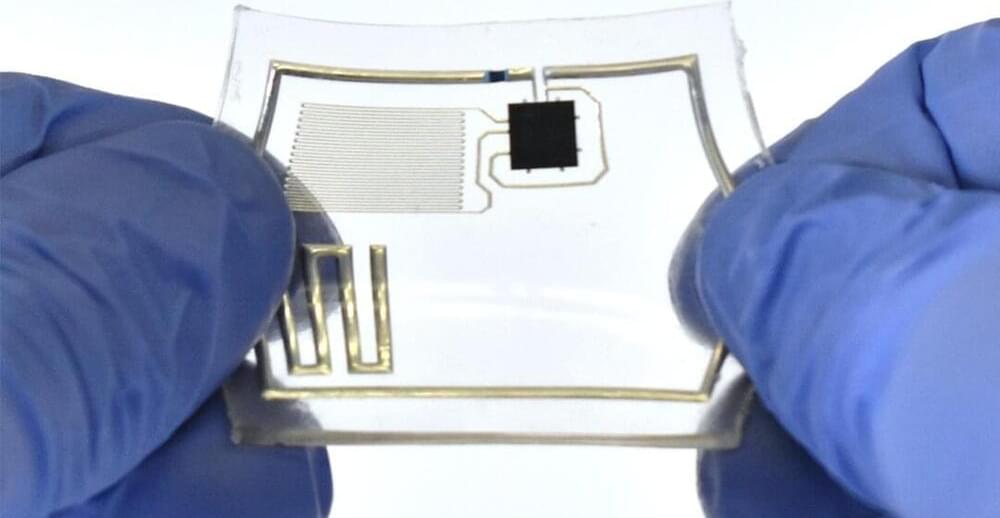Carnegie Mellon mechanical engineering researchers have developed a new scalable and reproducible manufacturing technique that could accelerate the mainstream adoption and commercialization of soft and stretchable electronics.
The next generation of robotic technology will produce soft machines and robots that are safe and comfortable for direct physical interaction with humans and for use in fragile environments. Unlike rigid electronics, soft and stretchable electronics can be used to create wearable technologies and implantable electronics where safe physical contact with biological tissue and other delicate materials is essential.
Soft robots that safely handle delicate fruits and vegetables can improve food safety by preventing cross-contamination. Robots made from soft materials can brave the unexplored depths of the sea to collect delicate marine specimens. And the many biomedical applications for soft robots include wearable and assistive devices, prostheses, soft tools for surgery, drug delivery devices, and artificial organ function.










Comments are closed.